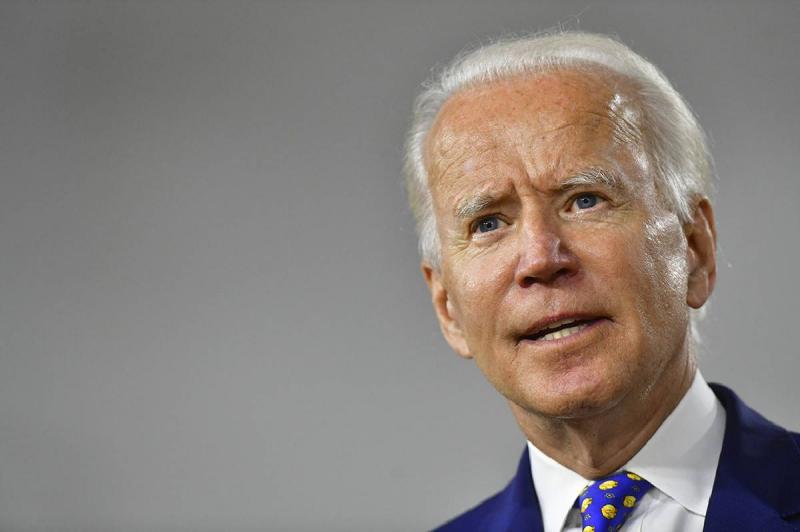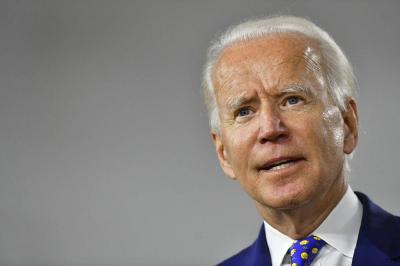U.S. President Joe Biden and top lawmakers agreed yesterday, Tuesday, to engage in further discussions aimed at breaking the deadlock over raising the U.S. debt ceiling, which stands at $31.4 trillion, just three weeks before the country risks an unprecedented default.
After about an hour of talks in the Oval Office, Biden, a Democrat, tasked Kevin McCarthy, the Republican Speaker of the House, and their aides to conduct daily discussions on potential areas of agreement as the possibility of default approaches on June 1.
Biden described the talks as "productive." He appeared to offer Republicans some possible concessions, including a "closer look" for the first time at recovering unspent funds allocated for pandemic relief, to reduce government spending. He did not entirely rule out the prospect of returning to the 14th Amendment of the U.S. Constitution, an untried approach that would seek to declare the debt ceiling unconstitutional. He stated, "It would require legal actions," but it is an option he may consider in the future.
Earlier today, I met with Congressional leaders about preventing a first-ever government default. Here’s how it went. pic.twitter.com/EulxSIEcOk— President Biden (@POTUS) May 10, 2023
Biden added, "There is a lot of politics and positions; this will continue for some time. The attendees at the meeting understood the risk of default." Biden and McCarthy, along with other top congressional leaders, are expected to meet again next Friday.
For his part, McCarthy emphasized that "no progress has been made after the meeting." He told reporters, "I haven’t seen any new movement. Biden didn’t agree to talks until time was almost up. This is not a way to govern." McCarthy, whose party has a slim majority in the House, stated that his chamber "will not agree to any deal that does not significantly cut spending to address the growing budget deficit," indicating that he does not see a short-term solution.
Biden is urging lawmakers to raise the self-imposed borrowing limit unconditionally. Economists have warned that a prolonged period of default could lead the U.S. economy into a deep recession, with rising unemployment, and subsequently destabilize the global financial system, which relies on U.S. bonds. Investors are preparing for the impact of this potential crisis.




